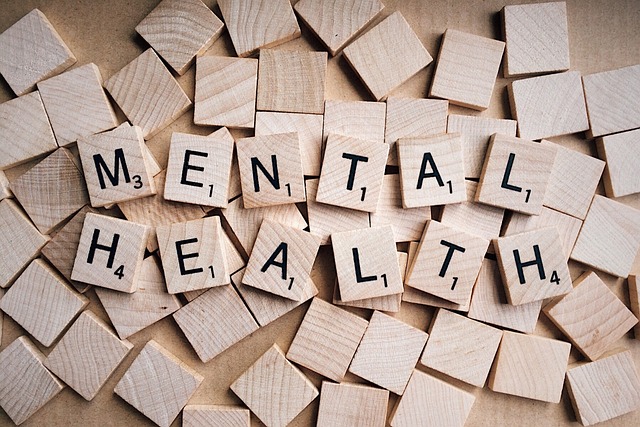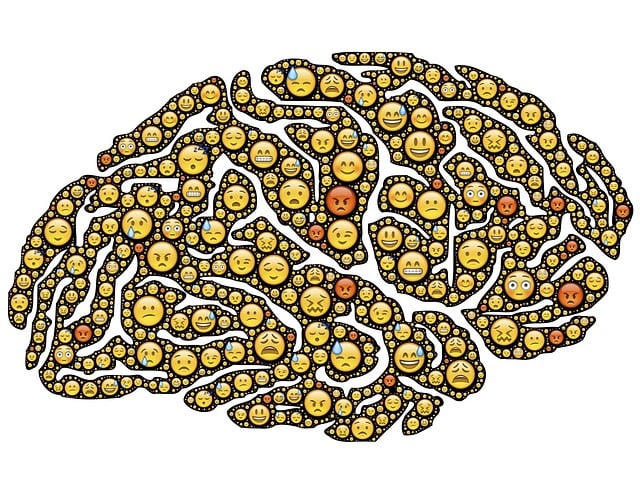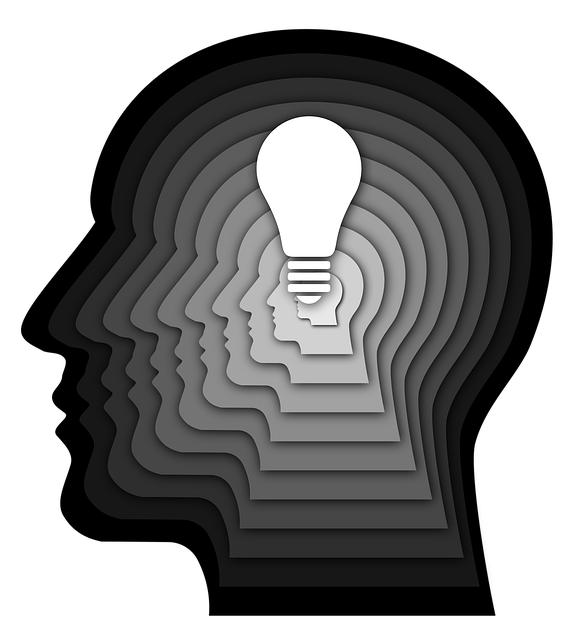Mental wellness apps leveraging play therapy and cognitive behavioral therapy (CBT) cater to adults' diverse needs, addressing stressors like work pressures and societal expectations. Play therapy, traditionally used with children, emerges as a powerful tool for adults dealing with anxiety, depression, and trauma. Key features include social skills training, stress management tools, and mindfulness exercises, fostering community and enhancing mental well-being. Effective marketing strategies, such as leveraging social media and influencer collaborations, along with risk assessment tools for professionals, ensure apps stand out in the market while promoting holistic mental health care.
Mental wellness app development is transforming access to support, particularly for adults. This article explores the intersection of mental health and technology, delving into the benefits of play therapy as a game-changer in adult mental health support. We’ll discuss designing effective features for therapy apps, along with proven marketing and user engagement strategies for success. Understanding the impact of mental wellness on adults is crucial, and this guide offers valuable insights for both professionals and app enthusiasts.
- Understanding Mental Wellness and Its Impact on Adults
- The Role of Play Therapy in Adult Mental Health Support
- Designing Effective Features for a Therapy App
- Marketing and User Engagement Strategies for Success
Understanding Mental Wellness and Its Impact on Adults

Mental wellness is a vital aspect of overall health, encompassing emotional, psychological, and social well-being. For adults, navigating the complexities of modern life can significantly impact their mental wellness. Stressful work environments, personal relationships, financial pressures, and societal expectations contribute to a range of mental health issues such as anxiety, depression, and burnout. Addressing these challenges is crucial, and technology plays a pivotal role in providing accessible solutions for therapy among adults.
Play therapy techniques have emerged as an effective Emotional Well-being Promotion method, offering a creative space for adults to explore and express their emotions. With the rise of digital tools, mental wellness apps cater to diverse needs, from mindfulness exercises to cognitive behavioral therapy (CBT) programs. These innovative platforms not only provide convenient access to therapy but also foster self-care practices that promote resilience and overall mental wellness. Moreover, Healthcare Provider Cultural Competency Training is essential in ensuring that mental health services are inclusive and tailored to the unique needs of different adult populations.
The Role of Play Therapy in Adult Mental Health Support

Play therapy, often associated with childhood development, is gaining recognition as a valuable approach to support adult mental health. This therapeutic method utilizes play and creative activities to help adults process emotions, reduce stress, and improve overall well-being. By engaging in playful exercises, individuals can enhance their ability to express themselves, build empathy, and develop healthier coping mechanisms. Play therapy sessions can include various activities such as art, music, movement, or even storytelling, allowing participants to access their inner thoughts and feelings in a safe and non-threatening way.
For adults struggling with anxiety, depression, or trauma, play therapy offers an alternative form of treatment that focuses on the present while also exploring past experiences. Through guided play and journaling exercises, mental wellness can be cultivated. Empathy-building strategies, such as role-playing scenarios, encourage individuals to step into someone else’s shoes, fostering a deeper understanding of their own emotions and those of others. The integration of play therapy into adult mental health support underscores the importance of recognizing and addressing emotional needs in creative and unique ways, thereby enhancing Mental Health Awareness and promoting a holistic approach to treatment.
Designing Effective Features for a Therapy App

When designing features for a therapy app aimed at adults, it’s essential to incorporate elements that foster meaningful connections and support personal growth. One effective strategy is integrating social skills training within the app’s framework. By facilitating virtual groups or one-on-one sessions, users can practice communication techniques and build a sense of community, which is crucial for mental wellness. This approach not only enhances coping skills development but also provides a safe space to share experiences and receive peer support.
Additionally, incorporating features dedicated to stress management can significantly contribute to the app’s effectiveness. Through mindfulness exercises, meditation sessions, and personalized relaxation techniques tailored to individual needs, users can learn valuable tools to navigate stressful situations. Balancing these therapeutic elements with engaging interfaces and accessible content ensures that the therapy app caters to diverse user preferences, making mental wellness support more inclusive and appealing, especially for those seeking play therapy as a form of self-care.
Marketing and User Engagement Strategies for Success

In the competitive landscape of mental wellness apps, successful marketing and user engagement strategies are paramount to stand out and drive downloads. One effective approach is to leverage social media platforms, where users actively seek content related to mental health awareness. Creating engaging posts that highlight the app’s features, such as therapy for adults or play therapy, can attract a wide audience. Collaborating with influencers in the mental health space can also amplify reach and credibility. Furthermore, utilizing targeted ads that speak directly to specific user demographics or those seeking inner strength development can effectively drive engagement.
Beyond traditional marketing tactics, building an active community around the app is crucial for long-term success. Incorporating interactive features like forums, peer support groups, or even gamified elements can foster a sense of belonging and encourage users to return. Regularly updating content, including tips, stories, and expert insights related to mental health, ensures that users remain engaged. Moreover, implementing risk assessment tools for mental health professionals within the app not only enhances its utility but also addresses a critical aspect of the user’s journey towards better mental wellness.
The development of mental wellness apps, incorporating elements like play therapy, offers a promising approach to support adult mental health. By understanding the impact of mental wellness on adults and leveraging effective app design strategies, we can create tools that foster healing and engagement. Marketing efforts focused on reaching the right audience and promoting user engagement will be key to the success of these apps, ensuring that adults have access to accessible and impactful therapy solutions.










